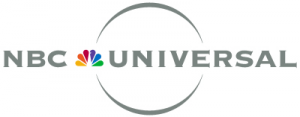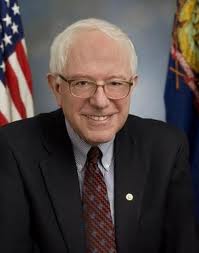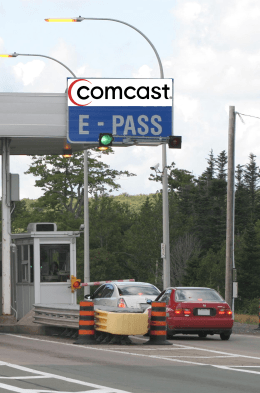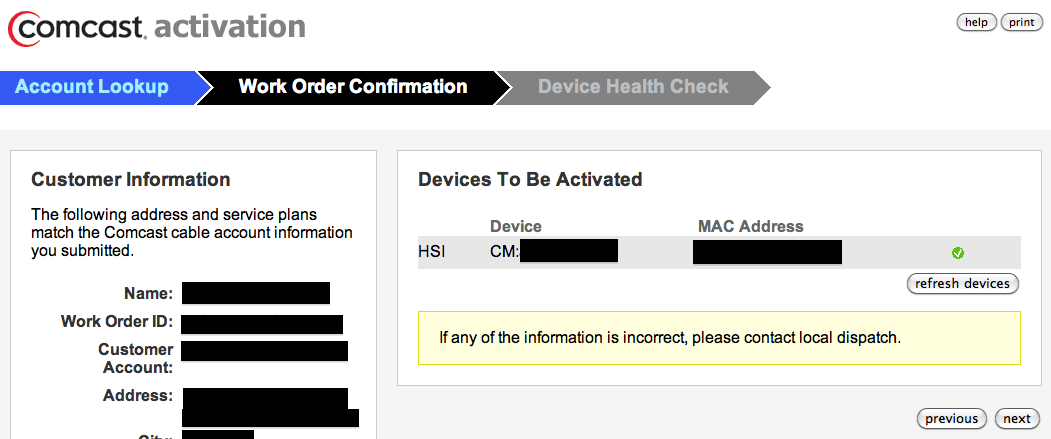 Some of America’s largest media companies are starting to get nervous over reported stipulations Comcast and NBC-Universal must meet in order to win FCC approval of their merger deal.
Some of America’s largest media companies are starting to get nervous over reported stipulations Comcast and NBC-Universal must meet in order to win FCC approval of their merger deal.
The Wall Street Journal reports ‘all-lobbyists-on-deck’ as companies fear collateral damage to their own nascent online video businesses.
At issue is the FCC-proposed condition that would require Comcast to offer NBC programming to any online video service that has reached a similar deal for content from at least one of NBC’s competitors, such as Walt Disney Co. or News Corp.
That could create a highly competitive online video marketplace, with open access to video programming — content many companies want to tightly control.
Last week, lobbyists from Disney, News Corp., and Time Warner pelted the FCC with filings fearing Comcast-NBC deal stipulations could also impact their businesses, potentially risking exclusivity deals with firms like Netflix or Apple. At the worst, such rules could permit the development of virtual ‘online cable systems,’ delivering hundreds of hours of programming daily — more than enough to potentially invite customers to turn away from traditional cable-TV or satellite packages.
Perish the thought, suggest some Wall Street analysts who are prepared to downgrade companies that cannot maximize revenue from a controlled online video marketplace.
The three companies, among others, have suggested language that limits any stipulations exclusively to the Comcast-NBC deal, or changing the terms to impact their own operations less.
Public interest groups continue to press their views that the proposed deal delivers nothing to consumers but higher bills and fewer programming choices.
Consumers Union, publisher of Consumer Reports, joined with more than two dozen public interest groups urging a more careful review of the deal:
“We believe that a merger of this size and scope will have a devastating effect on the media marketplace,” a letter to President Barack Obama and Congress says. “It will result in less competition, higher consumer costs and fewer content choices. It also will give one company unprecedented control over innovative new media that offer news, information, entertainment and cultural programming through emerging technologies.”
Joel Kelsey, policy analyst for Consumers Union, said this proposed merger could have major consequences for consumers: “This merger would combine a major television network and film studio with the nation’s largest cable company and residential broadband provider, which could be a recipe for disaster. This merged giant has great potential to lead to higher cable and broadband rates for consumers, less competition in online video, and less diversity among the programming choices for viewers. There are no clear benefits to consumers from this merger.”
Comcast has agreed to several stipulations that are supposed to protect consumers. Among them, a three-year requirement Comcast provide standalone Internet service to consumers for $49.95 a month. But the deal says nothing about Comcast’s Internet Overcharging scheme — an arbitrary usage cap on their broadband service.
Comcast would also agree to adhere to Net Neutrality rules (as defined by the FCC) for up to seven years. Since those rules are closely aligned to what Comcast volunteered to follow earlier, there was little reservation agreeing to them going forward.
[flv width=”640″ height=”500″]http://www.phillipdampier.com/video/Bloomberg Comcast Deal May Hang on Showing Rivals Online Video 12-23-10.flv[/flv]
Bloomberg News’ Todd Shields explains the proposed conditions the FCC seeks to impose on the Comcast-NBC merger deal. (12/23/2010 — 4 minutes)


 Subscribe
Subscribe







